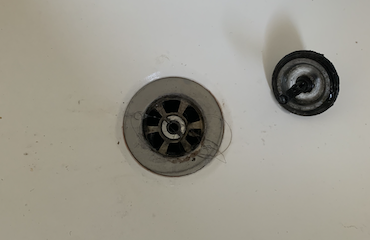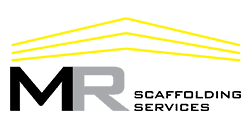When it comes to plumbing issues in the home, blocked drains are one of the most common and can be both stressful and costly. Knowing how to prevent blockages and what you can do if a problem arises can help to relieve some of this stress.more information
What Causes Blocked Drains?
The majority of blockages occur when too much debris builds up in the drain. Common causes of blockages include:
- Hair
- Food scraps
- Soap scum buildup
- Foreign objects like sanitary products, cotton swabs, or children’s toys
- Tree roots growing into pipes
In many cases, a combination of these factors can contribute to a blockage.
Preventing Blocked Drains
To avoid dealing with a blocked drain, homeowners can take some preventive measures. Most are simple and inexpensive, so there’s no need to wait until a problem arises.

- On shower drains, use mesh strainers to catch hairs before they make their way down the drain.
- Clean out the sink strainer to remove any food particles.
- Try to limit the amount of soap and shampoo going down the drain.
- Don’t dispose of large items like wipes, paper towels, tissue, diapers, and hygiene products down the toilet.
- Schedule regular preventive maintenance for the home’s plumbing system to identify any potential problems.
Signs of a Blocked Drain
If a blockage is already occurring or is about to occur, there will be certain warning signs. Common signs that a blockage may be forming include:
- Water draining more slowly than usual
- Unusual gurgling sounds from the pipes
- Sewage odor coming from the drains
- Flooding or pooling water around drains and toilets
- Cesspools or septic tanks overflowing
If any of these symptoms appear, it could be an indication of an impending blockage issue.
How to Unblock Drains
If you don’t have the knowledge or tools to unblock a drain yourself, it’s best to contact a professional plumber for advice and assistance. In addition to providing professional guidance on the matter, a plumber will also have access to specialized equipment, such as drain snakes and hydro jetters that can get rid of the toughest clogs.
However, if you intend to try unblocking a drain yourself, there are a few DIY tips that can be helpful. Many grocery stores carry a wide variety of products designed to dissolve blockages. Follow product instructions carefully and wear appropriate safety gear when using these types of products.
Preventative Maintenance
Preventive maintenance should not be overlooked as a tool to help avoid blocked drains. A few simple tasks, such as regularly cleaning sink and bathtub strainers and routinely clearing out the pipes, can go a long way towards keeping the drains flowing freely. Professional plumbing inspections should also be scheduled at least once a year to identify potential problems before they become bigger issues.
For more information on blocked drains, the signs to look for, and how to deal with them, speak to a local plumbing expert for professional advice.






